Sermons
How then shall they call on him in whom they have not believed? and how shall they believe in him of whom they have not heard? and how shall they hear without a preacher? And how shall they preach, except they be sent? as it is written, How beautiful are the feet of them that preach the gospel of peace, and bring glad tidings of good things! But they have not all obeyed the gospel. For Esaias saith, Lord, who hath believed our report? So then faith cometh by hearing, and hearing by the word of God (Romans 10:14-17).
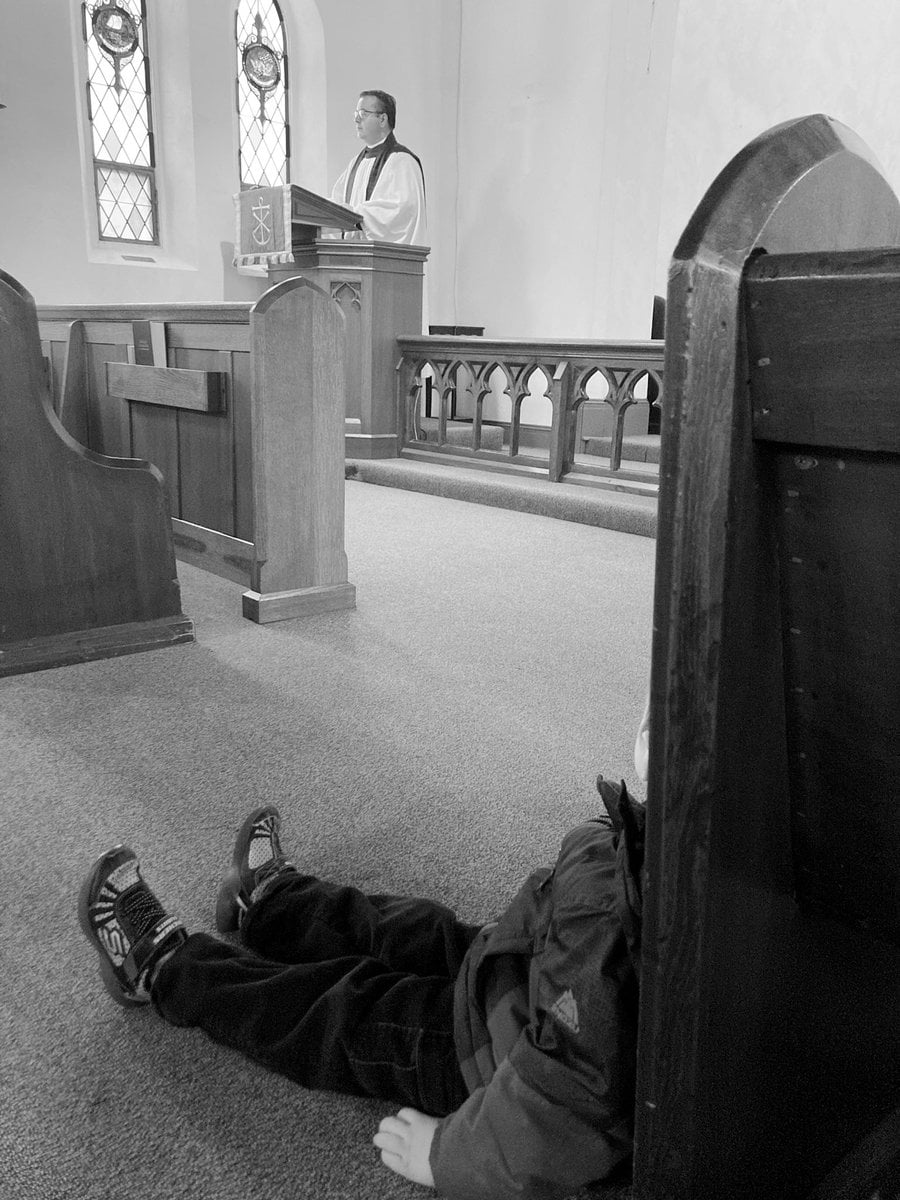
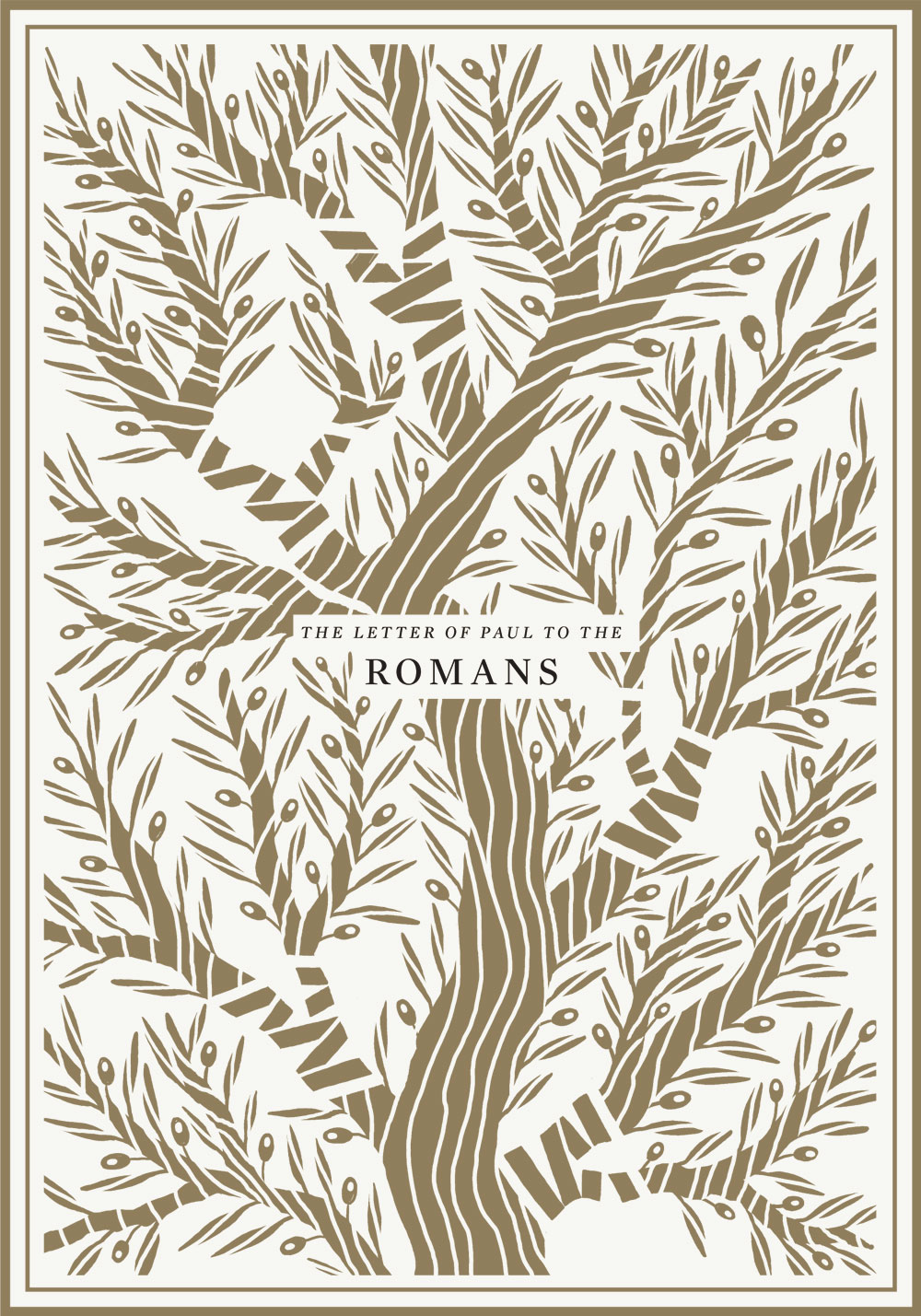
The Sixth Sunday after Trinity 2024
Why baptism? Because it is baptism which unites a human being with the salvation-history of God’s people. It is in baptism that we are there on the ark as it passes through the flood; it is in baptism that we pass through the waters of the Red Sea saved from the slavery of Pharaoh and his gods; it is in baptism that we are washed in the blood of Christ shed on Calvary and buried in the tomb from which He would break forth three days later; it is in baptism that we are united to the King who will return at the end of time. Trinitarian Baptism is the throbbing conduit between the real story of our life—the pain and joy of being human—and the real story of a creation destined to be saved by its Creator.
Sermon Date: July 7, 2024
Passage: Romans 6
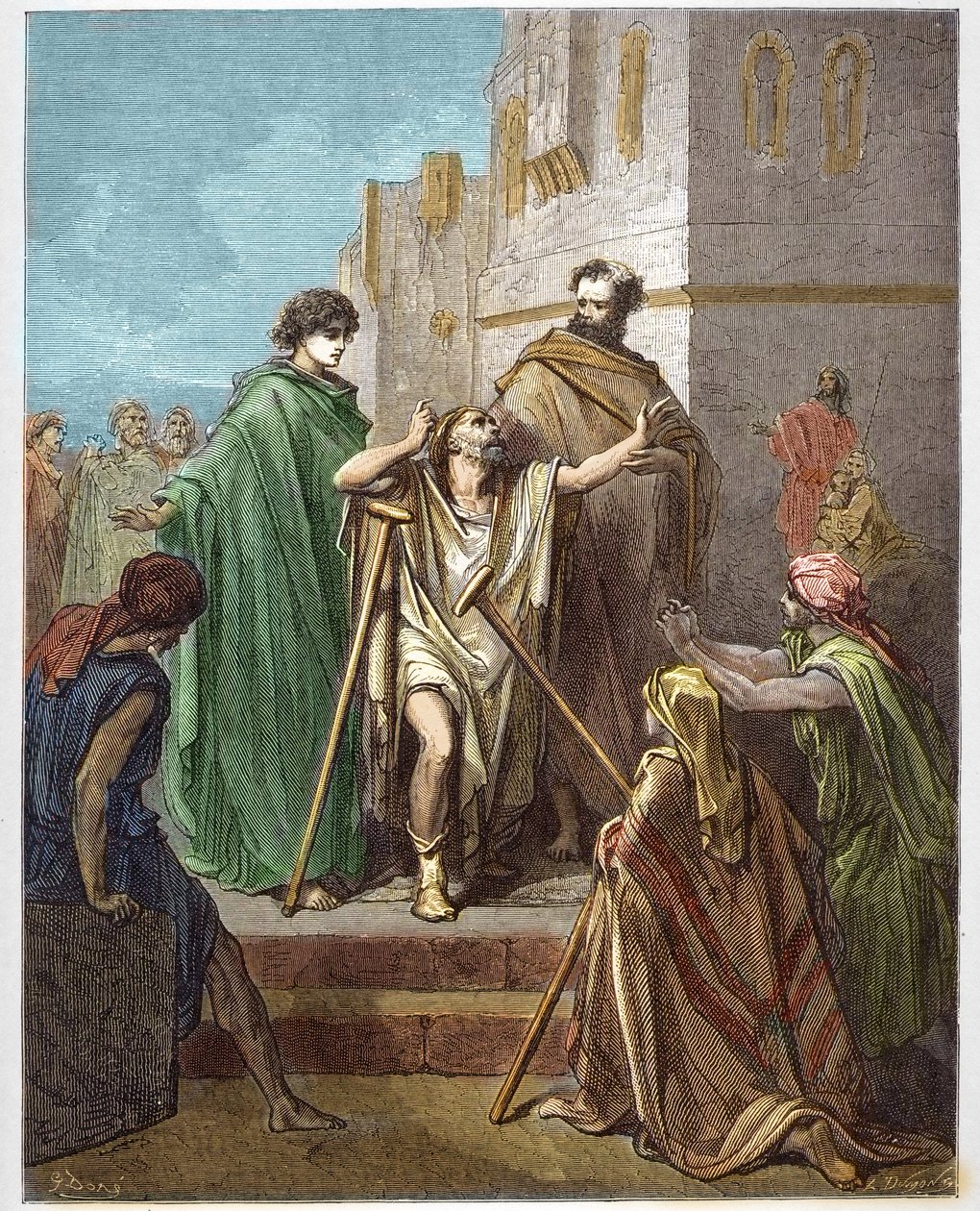
The Fifth Sunday after Trinity 2024
Peter’s response to all of this is to fall on his knees before Jesus and declare, ‘Depart from me, for I am a sinful man, O Lord’ (St. Luke 5:8). It fascinates me that it is this event which breaks Peter for the first time—not the healing of his mother-in-law or the bold, authoritative preaching; no, it’s Jesus meeting Peter in the world he thought he understood and upturning everything he thought he knew about it. As these professional fishermen struggled to get back to land, it became clear that St. Peter and his friends were experiencing their own personal epiphany—a moment in which the only logical explanation for the events occurring all around them was that they were in the presence of the divine. Peter falls on his knees because he knows he is unworthy to be in the presence of absolute holiness. Like Isaiah and Ezekiel before him, God has shown up to lay claim to St. Peter’s life and in that moment, the proud fisherman can only recognize his darkness as he hides from the light of the world. In that moment, Peter realizes that Jesus may be standing in his boat, but Peter’s boat is sailing on Jesus’ sea.
Sermon Date: June 30, 2024
Passage: Luke 5; 1 Peter 3
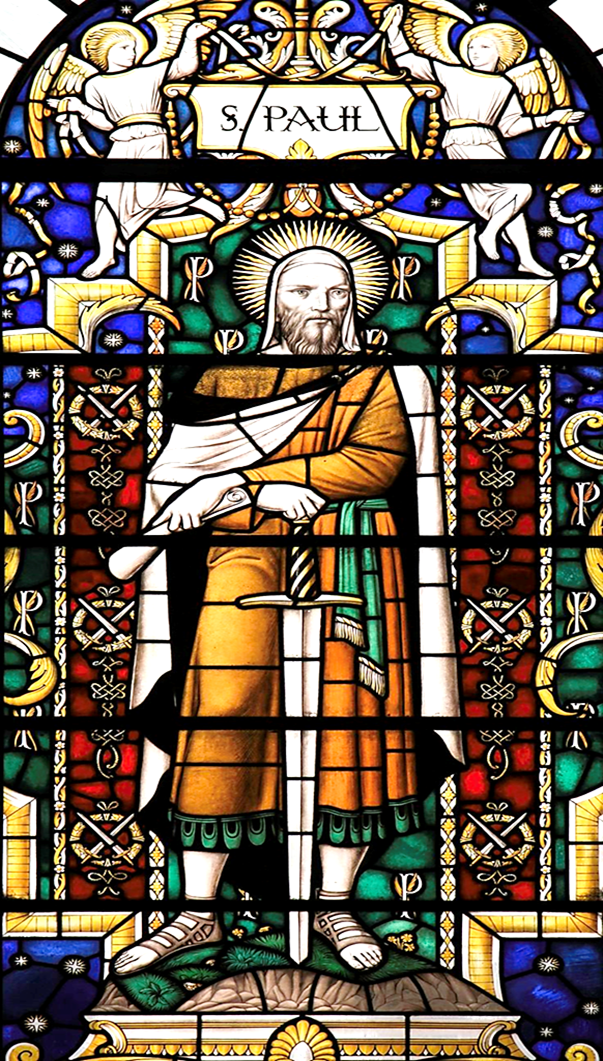
The Fourth Sunday after Trinity 2024
And if we recognize our place in salvation-history, if we recognize our place in the mighty acts of God in time and space, we can take each day for what it actually is: one blink of the eye for a royal priestly people preparing to storm the castles of evil and take back what is rightfully ours. As St. Paul writes to the Thessalonians, ‘For the Lord himself will descend from heaven with a cry of command, with the voice of an archangel, and with the sound of the trumpet of God. And the dead in Christ will rise first. Then we who are alive, who are left, will be caught up together with them in the clouds to meet the Lord in the air…’ (1 Thessalonians 4:16-17). The Lord who returns on that day will not be coming back to attend anyone’s horrifying church seminar on “Having it All”. On that day, Jesus Christ—the 2nd Joshua—will return to cleanse the new earth, the new Holy Land, the new creation, of the evil which the 1st Adam was too weak to exterminate. The evil which smiles at the death of children, laughs at the slaughter of men, and lives to keep humanity weak and enslaved to idols. Jesus is returning to bury evil forever, and St. Paul is telling us today that by the free grace of God it will be the resurrected victims of evil’s tragic reign who will follow our resurrected king into the last battle of the last war in the last hour of this fallen world. We learn that our entire life has been about winning this battle.
Sermon Date: June 23, 2024
Passage: Romans 8
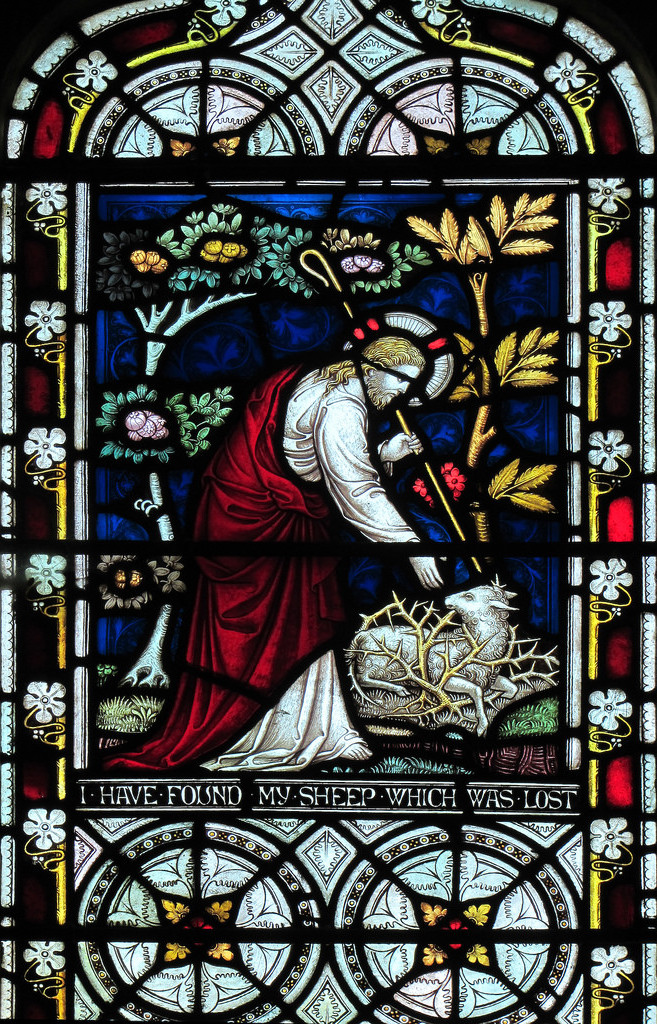
The Third Sunday after Trinity 2024
Against such powerful enemies, against a world intoxicated by greed and lust and power, against a supernatural foe dedicated to our destruction, we begin to see why it’s just so much easier to go along with the flow and fit in while our precious time on earth passes us by. We must, however, see that this surrender is not a neutral action; it is simply to trust in some other god for our protection and salvation. St. James, in another pastoral epistle, tells us that ‘For as the body without the spirit is dead, so faith without works is dead also’ (St. James 2:26). How true are these words, revealed every day by actions taken to appease the gods of our neighbors rather than to live in thanksgiving for the God who gives us life. And let us all be frank, men worship the gods of scientism and materialism because those gods seem to ‘work’—as long as we define ‘work’ as making us more comfortable or temporarily entertained or momentarily shielded from suffering. But, what do we do when St. Peter tells us, ‘Beloved, do not be surprised at the fiery trial when it comes upon you to test you, as though something strange were happening to you. But rejoice insofar as you share Christ's sufferings, that you may also rejoice and be glad when his glory is revealed’ (1 St. Peter 4:12-13). If we are Christians, we are being tested like Navy seals and NASA astronauts because we have desperately important work to do and a glorious future that demands a purified heart. The fire is necessary for glory.
Sermon Date: June 17, 2024
Passage: 1 Peter 5
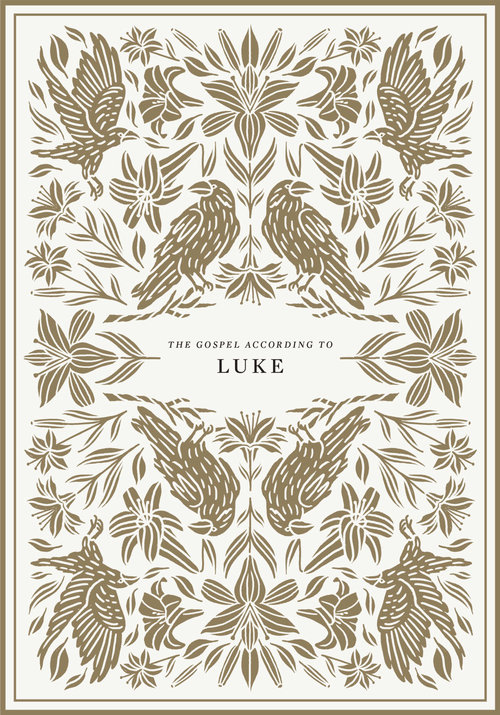
The Second Sunday after Trinity 2024
None of this world-saving generosity, this new world building grace, happens because of our self-righteousness or who our parents are; we don’t get a seat at the great table because of our party affiliation or our money or our perfectly calibrated political opinions. It is those who know they need the feast who answer the master’s call: the men and women who run to the master’s table are the outcasts from a fallen world which rewards evil and idolatry—a broken world which rewards attitudes like, ‘I have to make more money than I will ever need, so I can't come to the feast,’ or ‘I just bought a new car, and I need to try it out, so I can’t come to the feast,’ or ‘I really need to focus on quality time with my family, so I can’t come to the feast.’ There is no shame in being a pilgrim and a stranger and an outcast in a world which hates charity and peace, and it is precisely those pilgrims—to the shock and horror of Jesus’ original audience—who will be processed into the seats of honor to feast and worship and love for all time.
Sermon Date: June 9, 2024
Passage: Luke 14
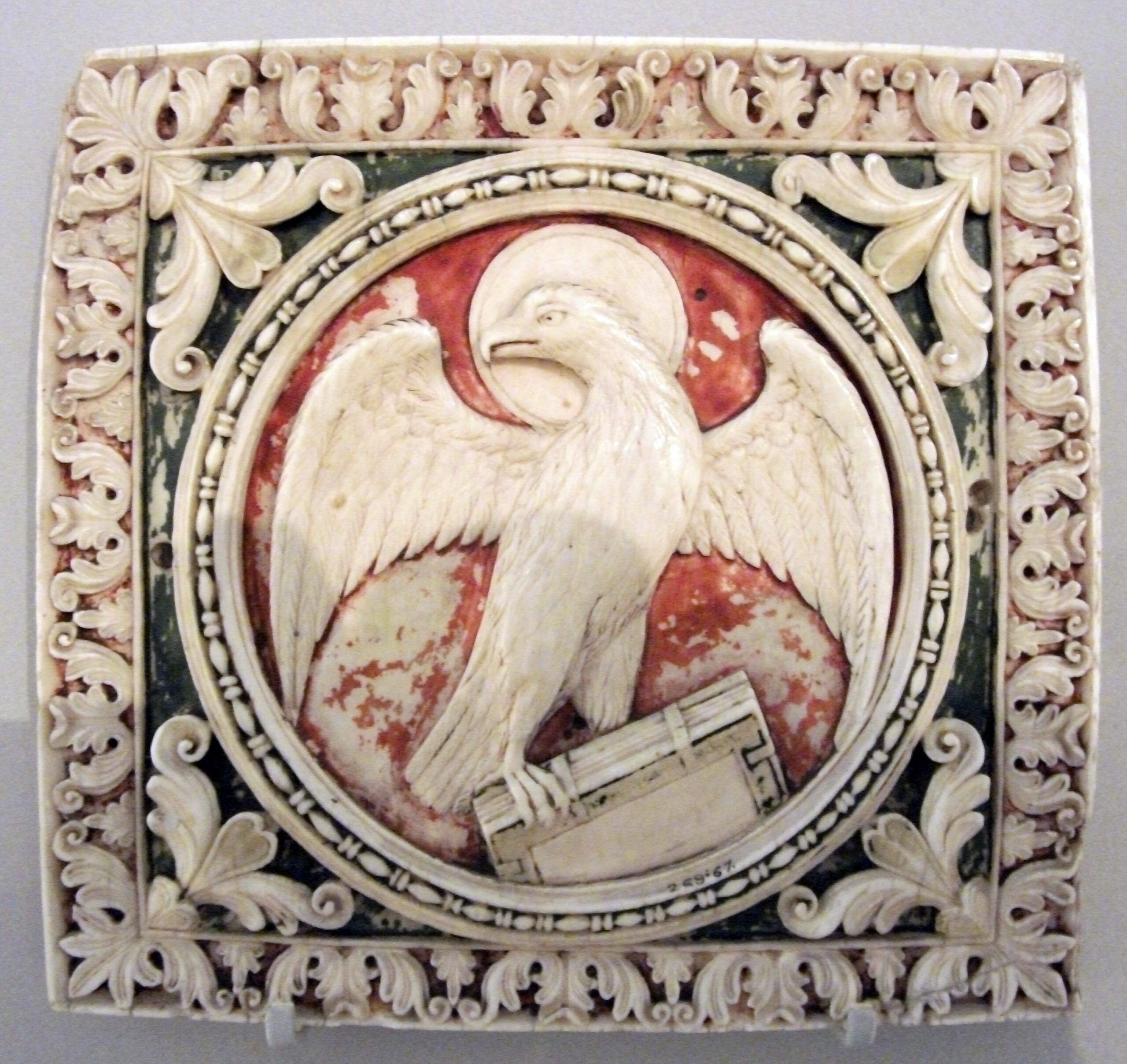
The First Sunday after Trinity 2024
How so very different from this meaningless mantra ('Love is love') is St. John’s transcendent definition of love: ‘In this was manifested the love of God toward us, because that God sent his only begotten Son into the world, that we might live through him. Herein is love, not that we loved God, but that he loved us, and sent his Son to be the propitiation for our sins’ (1 John 4:9-10). Love, we find, is not a slogan but the activity of the God who is love. More than a feeling or even a promise, true love is the acted-out self-sacrifice of God for those whose blindness causes them to call everything they touch in their own personal darkness, ‘love.’ God the Father and God the Son reveal a higher love to humanity by loving us when we were at our most unlovable, by giving a broken humanity eternal life through the eternal love of God. Jesus Christ allowed an evil creation to murder Him with iron and wood because real love is not about what we say or think or feel; real love is only unveiled through the actions which reveal a complete trust and faith in divine love—in the God given love which transforms, ‘I will love you forever,’ from a ridiculous lie into something worth dying for. Without eternal life, all love is as temporary as the fragile frames in which we reside, but with the loving, unmerited gift of eternal life, we can love with freedom and abandon even as those we love are cut down by disease or violence or age.
Sermon Date: June 2, 2024
Passage: 1 John 4
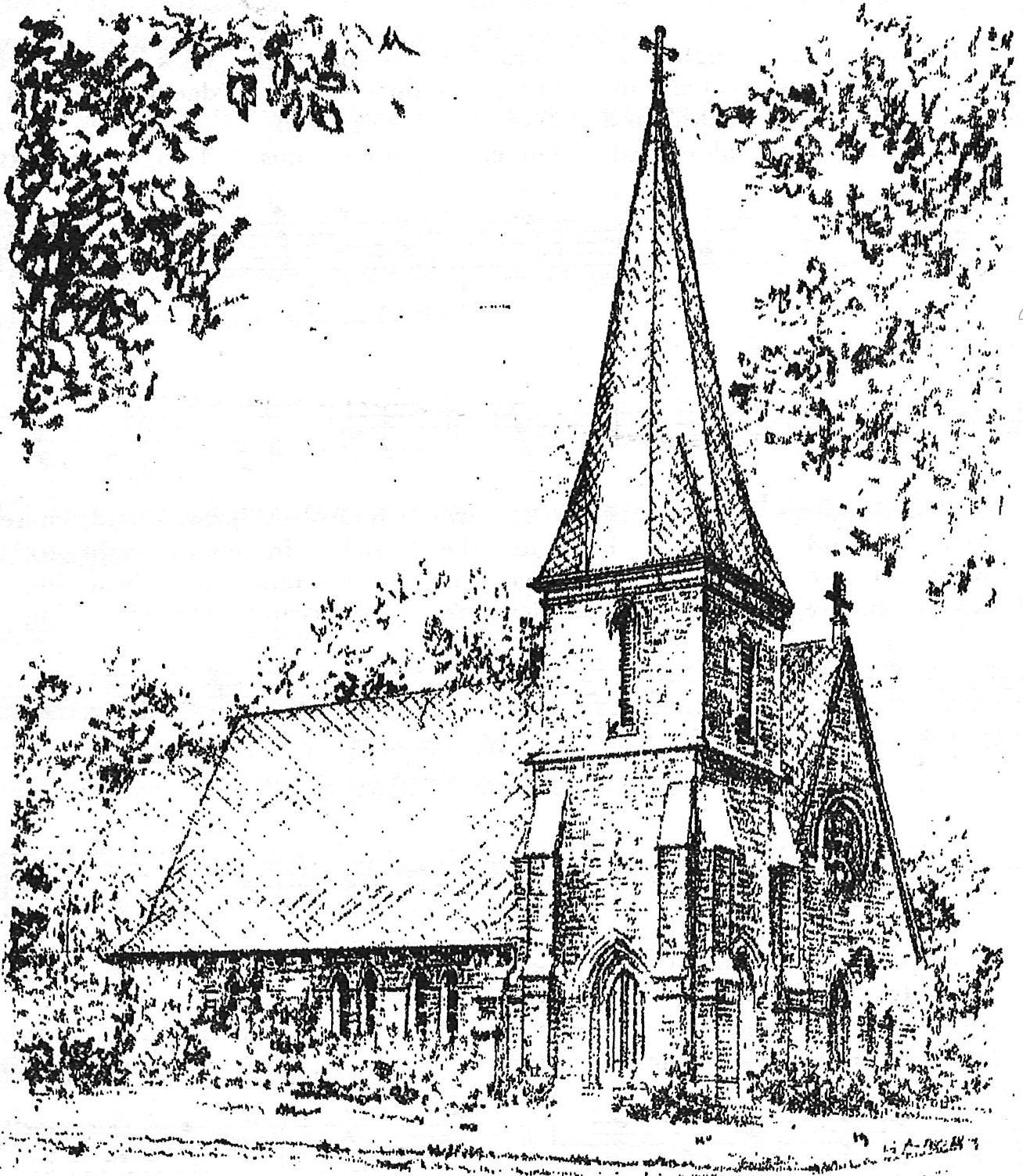
Trinity Sunday 2024
It is here that we begin to understand why St. John has included this debate in His Gospel, for this dialogue between a Jewish ruler and God the Son is central to the mission of John’s Gospel, the incarnation event itself, and nothing less than everything that has ever happened. Jesus states, ‘The wind blows where it wishes, and you hear its sound, but you do not know where it comes from or where it goes. So it is with everyone who is born of the Spirit’ (St. John 3:8). We see the work of the wind, we can measure it and analyze it, but anyone whose ever tracked a tornado knows that even with all of our technological might, we cannot know what the wind will do. The mystery of the wind, another word with a double meaning in Greek and Hebrew (spirit), is an analogy for the too big to comprehend way in which all reality is an expression of the Trinity revealing Itself to us. It is a declaration that a benevolent Godhead is moving creation itself to draw and save a new humanity. Poor Nicodemus, and us along with Him, has touched, for a moment, the very mystery of the universe, and all he can say is, ‘How can these things be?’ (St. John 3:9). Nicodemus has gone from proud representative of his people to shamefully defeated supplicant. Momentarily peering into the divine has broken this man who thought he was divinity’s master.
Sermon Date: May 26, 2024
Passage: John 3
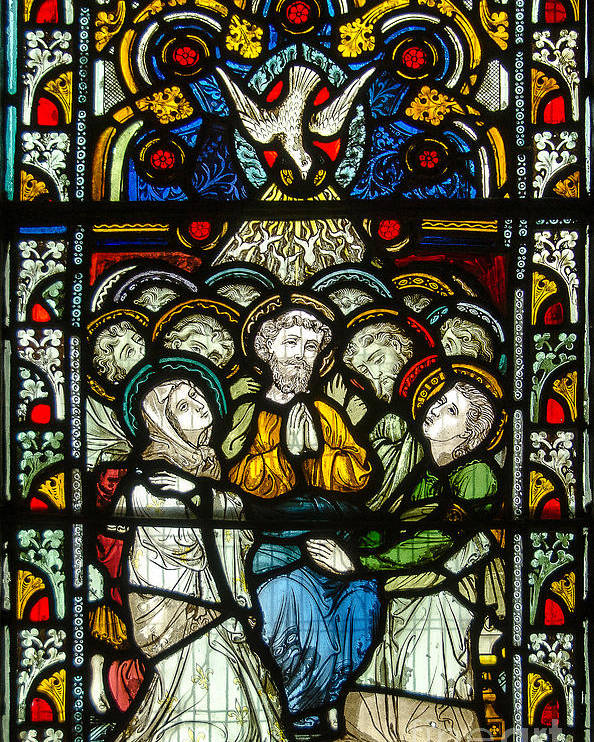
Whitsunday 2024
Do we really want a formless, shapeless love whose only rule is, ‘Do what feels right?’ What if our feelings and emotions and desires themselves are infected by the same poisonous air which prepares and nurtures people to commit whatever acts of evil we don’t like? Isn’t that a much more reasonable assessment of human performance through the ages than the adult fairy tale which begins with the heedless following of our desires and ends with a page reading, ‘And they lived happily ever after?’ The Son of God knows us, and He knows only too well our epic, centuries long failure to truly love God and one another, and so He sets down a simple definition of love which should drive us to our knees in repentance and supplication and hope. We learn here that love is not defined by the unreliable whirlpool of our emotions or the semi-regular sexual revolutions of the bored and privileged; no, any real understanding of love must center on real action directed toward the God who is Love. That is tremendously good news; love is not some unfeeling force as indifferent to us as a hurricane or a tornado; rather, true love is personal because love is an attribute of the personal God. God’s love, the love we are called to share in through our sacrifice and obedience to His will, becomes about so much more than desire or pleasure or security—real love is always about salvation, always about re-directing the confused and lost human soul back toward the true, the good, and the beautiful.
Sermon Date: May 19, 2024
Passage: St. John 14
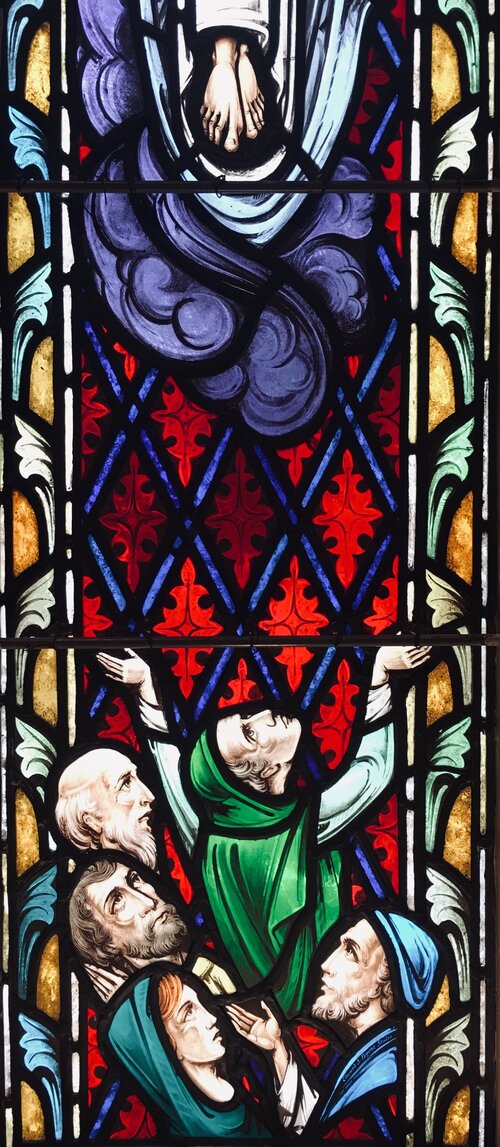
The Sunday after Ascension Day 2024
It is in Christ that we can burn down the pagan groves in our heart and cut down the idols poisoning our souls. It is in Christ that we bring the sacrifice of our souls and bodies to lay before the One who sacrificed everything so that we and our children will live. It is in Christ that we spiritually feast upon the Body and Blood of the great sacrifice for the sins of the whole world. Our perfect union with the everlasting temple allows us to rejoice with our sons and daughters before the Lord our God secure in the knowledge that our salvation is the product of thousands and thousands of years of careful preparation and hard promises kept. Our perfect union with Christ has made the Church of God unstoppable in her conquest of the hearts and minds of God’s elect.
Sermon Date: May 12, 2024
Passage: Deuteronomy 12
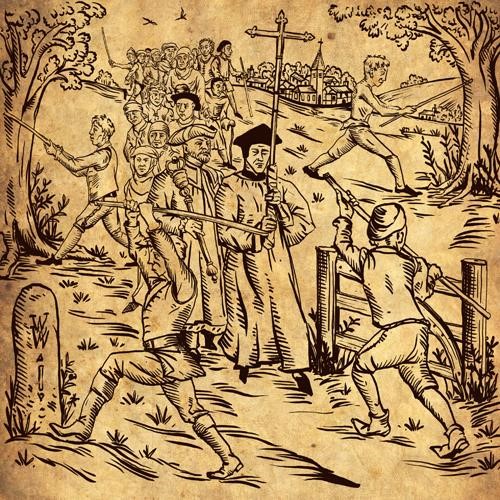
The Fifth Sunday after Easter 2024
Could God have just placed them in the promised land? Yes, of course, but the value of the journey derives from how it shapes and forms a person to be fit for the destination. It was fitting for the Israelites to be humbled and proved because there was no better way to be prepared for the promises which awaited them. Of course, the same is true for we who are their children, for as Paul makes clear, the journey of the people of God from Egypt to Canaan was a living illustration of our journey from the slavery of sin and death to the perfect freedom of the New Heaven and New Earth. We are being formed and shaped by the good and evil we encounter in this life and all of it will be applied by God to prepare us for the grand work of eternity. We must remember that eternity is not going to be spent sitting around on our backsides playing harps on clouds; no, we will need to be the sons and daughters of God for which the creation has been longing since Adam and Eve betrayed their great calling. We will need to take dominion as only God’s image bearers can. The easy way would have been to stab that lying serpent in the throat; the hard way will require us to follow Christ through the valley of the shadow of death until He puts evil down like the sun-crazed jackal it is.
Sermon Date: May 5, 2024
Passage: Deuteronomy 8
